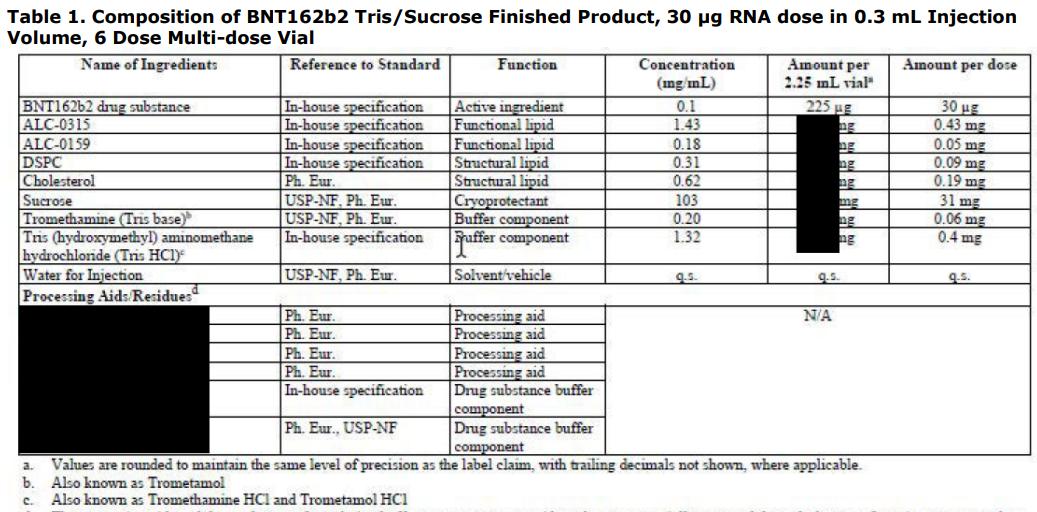According to data released by the World Health Organization (WHO) on October 10, 2022, the cumulative number of confirmed COVID-19 cases worldwide has exceeded 618 million, and the number of deaths has exceeded 6.53 million. The number of deaths worldwide has exceeded one million this year. At present, the global epidemic situation of new coronary pneumonia is still at a high level and the virus is still mutating. As the third-generation subtype derived from omicron subvariant BA.5, BF.7 is spreading rapidly worldwide.
Although mRNA vaccines have been introduced, they are not available in many tropical and third-world countries due to their requirements for ultra-low temperature storage and transportation conditions (-70 °C or -20 °C), which leads to the fact that the epidemic cannot be effectively controlled worldwide. Thus, mRNA vaccines are in urgent need of extended shelf life and improved storage conditions.
In addition to the basic components of LNPs, other components such as buffers, antioxidants, non-reducing radical scavengers (e.g., ethanol), and metal chelators may also improve the stability of LNPs. The extent to which each excipient improves the stability of LNPs needs to be evaluated under different storage conditions (below or above 0 °C).
1. RNase-free excipients should be preferred for mRNA vaccines
In order to improve the stability of mRNA molecules, RNase-free buffer and carbohydrate protectants are preferred to avoid mRNA molecule degradation due to RNase contamination.
2. Tris/Tris-HCl buffers are more applicable to mRNA vaccines than phosphate buffers
Buffer selection is critical for mRNA vaccines that should be stored below 0 °C. Phosphate buffers (used in Pfizer/BioNTech's COVID-19 vaccines) may cause pH shifts of up to 3.5 units under freezing conditions and compromise mRNA stability, while Tris/Tris-HCl buffers used in Moderna's COVID-19 vaccines may contribute to mRNA stability, and TRIS buffer is also a known hydroxyl radical scavenger.
In addition, according to Moderna's previous report, Tris buffer can effectively remove aldehydes produced in the system due to cationic lipid oxidation and avoid aldehydes reacting with bases of mRNA, thereby significantly improving the long-term stability of the mRNA-LNP system.
Pfizer/BioNTech's new COVID-19 vaccine has also replaced the phosphate buffer system in its formulation with a Tris/Tris-HCl buffer system in subsequent changes. The above information suggests that the Tris/Tris-HCl buffer system is better for mRNA vaccines than the phosphate buffer system and other buffered electrolyte salts.

In stability studies of different mRNA-LNP formulations, polymerization and loss of efficacy of lipid nanoparticles were observed through freeze-thaw cycles, while the addition of protectants such as sucrose and trehalose prevented particle polymerization and loss of efficacy. Both clinically available LNP-mRNA vaccines have used sucrose as the freeze/thaw protectant.
Schoenmaker et al. suggested that optimizing the pH of the initial formulation is critical for the stability of mRNA vaccines, as the hydrolysis rate of mRNA is highly dependent on pH and mRNA is more stable in weakly alkaline environment. In addition, pH of drug product also determines the stability of mRNA-LNPs. Both Pfzer/BioNTech's and Moderna's COVID-19 vaccines maintain pH between 7 and 8.
AVT supplies parenteral-grade trehalose, sucrose for sale, TRIS/TRIS-HCl buffer, HEPES buffer and other bioprotectants and buffer solutions on a permanent basis. Our DNase& RNase-free parenteral-grade products with ultra-low endotoxin are manufactured in accordance with the current GMP, and have registered in both China and America, meeting the pharmacopoeia standards of major countries. With our products, we contribute to your development, manufacturing and registration in China and/or other countries of recombinant protein vaccines, mRNA vaccines, adenovirus vector vaccines, liposomes, single and double antibodies, ADCs and other biological drugs!
References:
1. Sivakumar Ramachandran, Soumya Ranjan Satapathy, Tathagata Dutta. Delivery Strategies for mRNA Vaccines[J]. Pharmaceutical Medicine, 2022(36):11-20.
2.https://www.ema.europa.eu/en/documents/product-information/spikevax-previously-covid-19-vaccine-moderna-eparproduct-information_en.pdf. Accessed 13 Dec 21.
3.Moderna Science & Technology Day, May 17th, 2022, Science-Day-2022-Master-Slides
4. EMA. Assessment report on extension of marketing authorization, COMIRNATY.